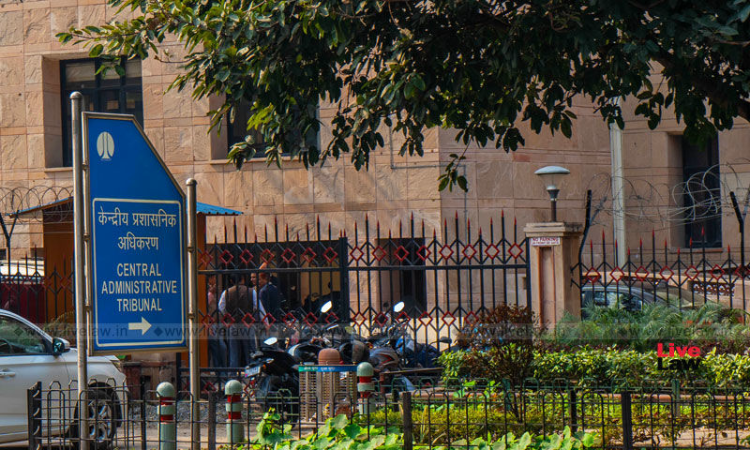Underscoring national security concerns, the Central Administrative Tribunal (CAT), Srinagar Bench, has upheld the dismissal of Dr. Altaf Hussain Pandith, a Professor at the University of Kashmir, under Article 311(2)(c) of the Constitution of India citing his close links with banned organisations Jamaat-e-Islami (JeI) and Jammu & Kashmir Liberation Front (JKLF).The Tribunal,...

